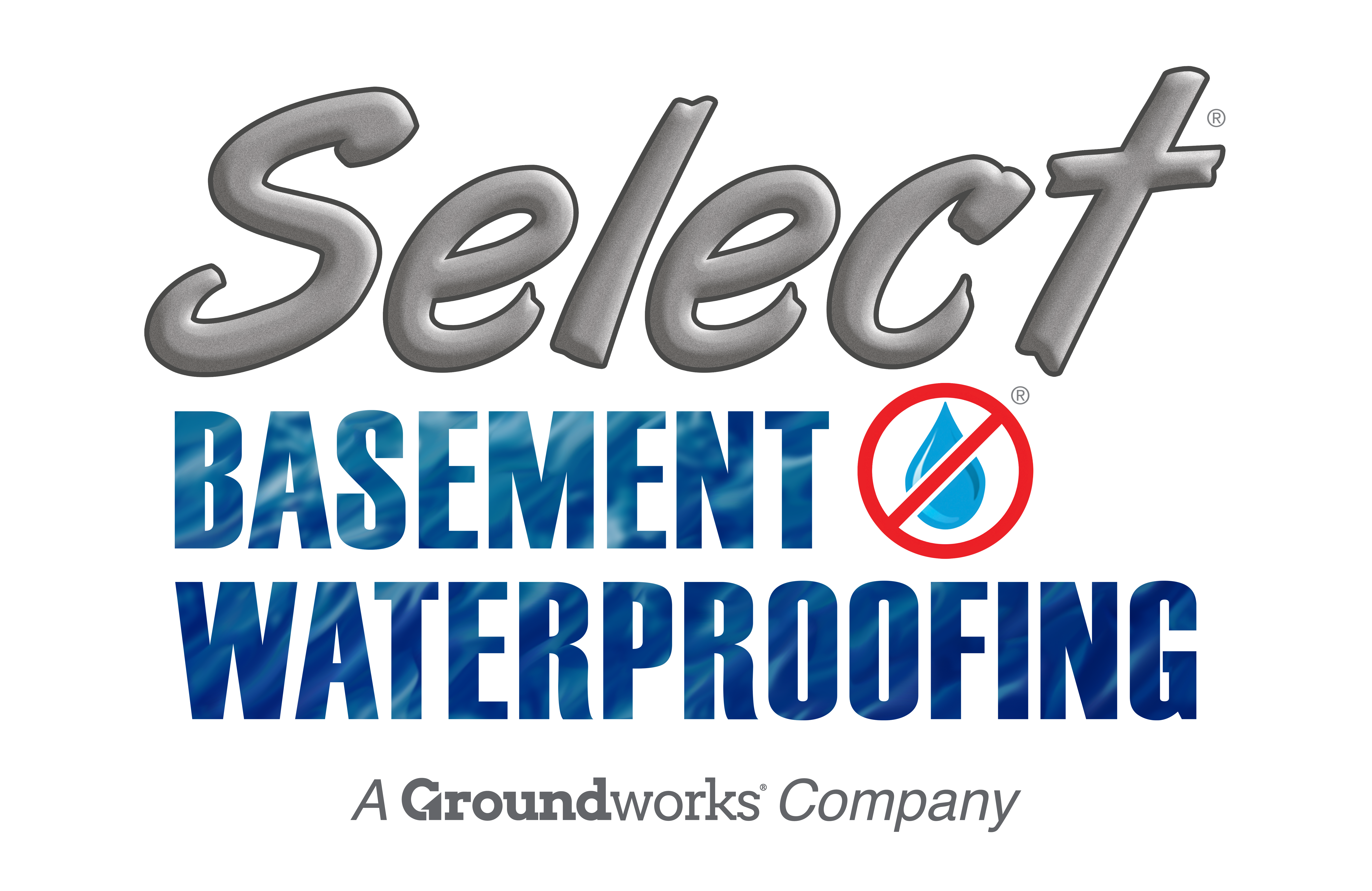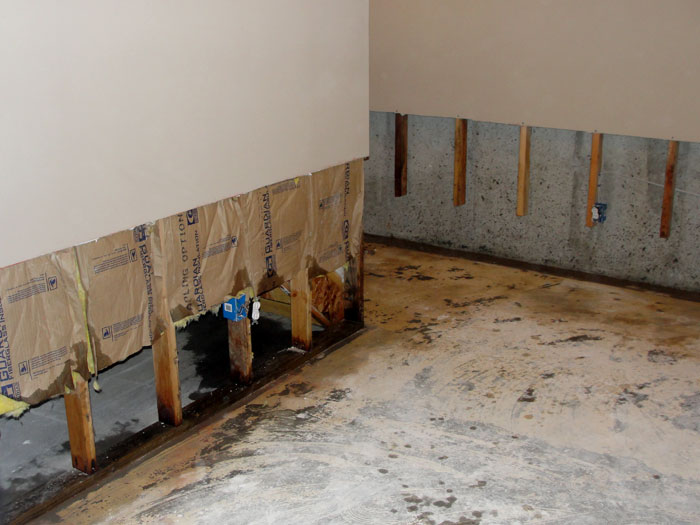A Flood in New Jersey Can Cause Problems for Your Home
A basement flood in New Jersey is bad enough in an unfinished basement. However, if you have a finished or partially finished basement with any sheetrock as wall board then you will need to replace the sheetrock.
Flooding can lead to wet sheetrock
Sheetrock absorbs water. If it comes into contact with any amount of water (or even moisture for that matter) you have a problem. Sometimes you will only need to replace part of the sheetrock on a wall. You can cut out the wet portion and replace it with new sheetrock. Sheetrock will not dry out on its own before you will have a problem with mold behind the walls. If you leave wet sheetrock, mold will grow behind the wall because mold is using the material in the sheetrock for food. Add the water and the dark, damp spots behind the wall and a serious mold problem could start to grow in no time.
How to deal with wet sheetrock
If you are trying to save part of the wall, you will need to determine how high the water has traveled up the wall. The longer the sheetrock sits in the standing water, the higher the water problem will be. Typically, water travels up the sheetrock 3-6 inches a day. If it is left for a few days, the water could be halfway up the wall.
One way to check for water damage in sheetrock is to slice the wall with a razor. It will cut easier if the wall is wet. You will notice the blade slide quicker and easier through the wet wall compared to the dry sheetrock. Find where the wall is dry, and cut a straight line there to remove the wet sheetrock.
Like we mentioned above, it is important to remove all wet sheetrock to avoid a potential mold problem. Never leave wet sheetrock after a basement flood in New Jersey or discovered water problem.
Have a professional contractor help fix the problem
A professional basement waterproofing contractor can help you in this process. He can remove the damaged sheetrock after a basement flood in New Jersey and help you install a basement waterproofing system to help avoid any future problems.
The other option is to replace all the sheetrock in the basement with waterproof wallboard. So, if there is another basement flood in New Jersey, you won’t have to replace the walls again. The EPA says basements should be finished with waterproof and water resistant materials. Think tile instead of carpet; plastic waterproof wallboard instead of sheetrock. The basement is inherently wetter and should not be finished like the upstairs even if you have a basement waterproofing system installed.
Contact us for more information about basement waterproofing!

